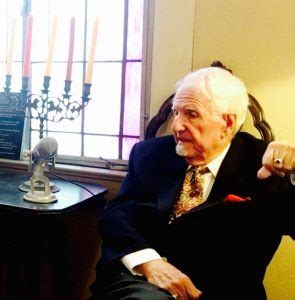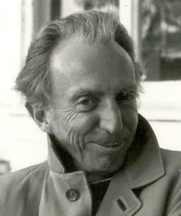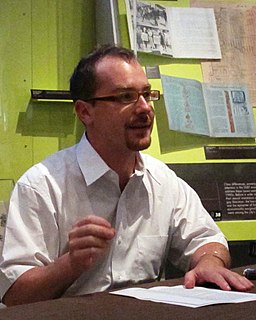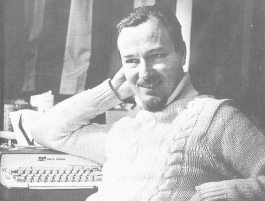A Quote by Christopher Hitchens
It is only those who hope to transform human beings who end up by burning them, like the waste product of a failed experiment.
Related Quotes
The best thing that happened from that situation when I failed was the fact that I failed and I failed because I was trying to do things that I don't like to do. I like to make movies and I like the creative process. I don't really care about the business end of it. It's not my thing. So I was all of sudden totally immersed in the business end of it and dealing with human resources, lawyers, and accountants, and so on. It wasn't for me.
Those who die, merely suffering the woes of life like cats and dogs, are they human beings? The worthy are those who, even when agitated by the sharp interaction of pleasure and pain, are discriminating and, knowing them to be of an evanescent nature, become passionately devoted to the Atman. This is all the difference between human beings and animals.
Clearly it is not reason that has failed. What has failed-as it has always failed-is the attempt to achieve certainty, to reach an absolute, to find the course of human events to a final end. It is not reason that has promised to eliminate risk in human undertakings; it is the emotional needs of men.
There are novels that end well, but in between there are human beings acting like human beings. And human beings are not perfect. All of the motives a human being may have, which are mixed, that's the novelists' materials. That's where they have to go. And a lot of that just isn't pretty. We like to think of ourselves as really, really good people. But look in the mirror. Really look. Look at your own mixed motives. And then multiply that.
You're going to die soon enough anyway; even if it's a hundred years from now, that's still the blink of a cosmic eye. In the meantime, live like a scientist - even a controversial one with only an ally or two in all the world - and treat life as a grand experiment, blood, sweat, tears and all. Bear in mind that there's no such thing as a failed experiment - only data.
We're human beings we are - all of us - and that's what people are liable to forget. Human beings don't like peace and goodwill and everybody loving everybody else. However much they may think they do, they don't really because they're not made like that. Human beings love eating and drinking and loving and hating. They also like showing off, grabbing all they can, fighting for their rights and bossing anybody who'll give them half a chance.
Extremism. It is an almost infallible sign — a kind of death-rattle — when a human institution is forced by its members into stressing those and only those factors which are identificatory, at the expense of others which it necessarily shares with competing institutions because human beings belong to all of them.
The desire for story is very, very deep in human beings. We are the only creature in the world that does this; we are the only creature that tells stories, and sometimes those are true stories and sometimes those are made up stories. Then there are the larger stories, the grand narratives that we live in, which are things like nation and family and clan and so on. Those stories are considered to be treated reverentially. They need to be part of the way in which we conduct the discourse of our lives and to prevent people from doing something very damaging to human nature.


































